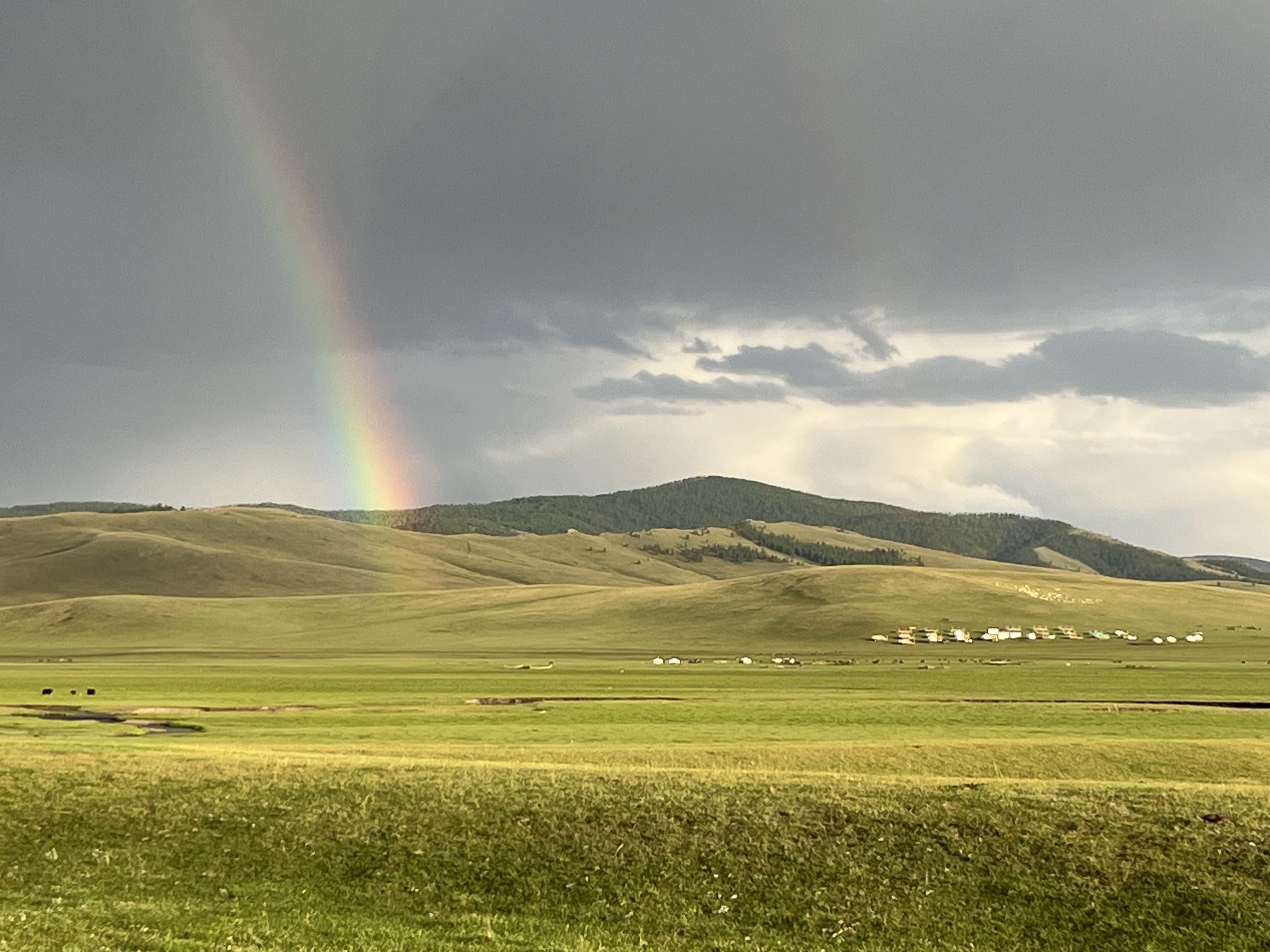Fieldwork
This listing expired on April 25, 2025. Please contact mfs@mongoliacenter.org for any updated information.

Location: Orkhon Valley, Mongolia
Season: June 9, 2025 to August 3, 2025
Session Dates: June 14-29, 2025; June 28-July 12, 2025 (option to enroll in one or both sessions)
Application Deadline: February 15, 2025
Deadline Type: Exact Date
Website: https://mongoliacenter.org/mfs24/ancient-cities/
Program Type:
Field School
RPA Certified:
No
Affiliation:
The American Center for Mongolian Studies (ACMS)
Project Director:
Dr. Richard Ciolek-Torello (Course Instructor); Maggie Lindrooth (US Director, ACMS)
Project Description:
Today’s Mongolians are the descendants of nomads, who constructed some of the greatest polities of the Old World. Despite the prominent role of these empires on the world stage, surprisingly little is known of the indigenous organizational traditions from which they arose. These traditions involved mobile pastoral populations living in marginal environments – features commonly associated with egalitarian societies.
How and why states emerged in this unusual context is one of the foremost research questions in the archaeology of Central Asia and Mongolia in particular. Important to addressing this question is the study of the development of urban centers in the nomadic pastoral societies that populated the region. Although many urban centers are known, few have been studied intensively. To address this deficiency, in 2024 Dr. Richard Ciolek-Torello and his team began a long-term program of investigation at Tsagaan Sumiin Balgas, an urban center established by the Uyghur Empire in a tributary of the Orkhon Valley of central Mongolia sometime between the 7th and 8th Centuries CE.
The Uyghurs, who now reside in what is today western China, where they are persecuted, are the descendants of a Turkic group that built an empire in present-day Mongolia predating the better-known Mongol empire of Chinggis (Genghis) Khan. While previous empires in Mongolia built forts and temples, the Uyghurs built Mongolia’s first towns and cities. Dr. Ciolek-Torello and his team, in partnership with ACMS, have developed a comprehensive cultural heritage program to test theories of state development in nomadic societies while elucidating and preserving important Uyghur cultural heritage, including their ancient archaeological sites and monuments.
This unparalleled course offers participants the opportunity to learn archaeological practices and methods from a well-respected expert on a real, working excavation. Join us for one or both sessions of the program to build your archaeological skillset! No previous experience required.
This course can be taken together with other ACMS Field School courses such as Hustai National Park: Managing Biodiversity in the Home of Mongolia’s Native Horses(June 9-22) and/or The Impacts of Climate Change on Biodiversity in Mongolia’s National Parks (July 21-August 3).
A limited number of fellowships are available. The priority deadline for fellowship consideration is February 15, 2025. The final deadline for fellowships (waitlist) is March 14, 2025. The final deadline for program consideration (self-/externally-funded) is April 25, 2025.
Period(s) of Occupation: This course will focus on an archaeological site of the Uyghur Empire established sometime between the 7th and 8th Century CE.
Notes:
All Mongolia Field Schools are administered by the American Center for Mongolian Studies (ACMS), a 501(c)3 nonprofit operating in the United States and Mongolia.
Many Field School participants are undergraduate and graduate students, but ACMS welcomes applications from anyone over 18 with an interest in the subject matter and a desire to experience the culture, history, and present of Mongolia. No prior experience in Mongolia or with the course subject matter or methods is required. All instruction will be in English. While ACMS does not grant academic credit for Field School programs, participants are encouraged to discuss credit agreements with their home institutions.
Apply for priority fellowship consideration by February 15, 2025. The final deadline for fellowships (waitlist) is March 14, 2025. The final deadline for program consideration (self-/externally-funded) is April 25, 2025.
Project Size: 1-24 participants
Minimum Length of Stay for Volunteers: 90 days
Minimum Age: 18
Experience Required: No prior experience is required.
Room and Board Arrangements:
All accommodations and meals (unless otherwise indicated) are included in the program cost. In Ulaanbaatar, participants will stay in double-occupancy rooms at a comfortable, centrally-located hotel near the ACMS office and downtown tourist attractions. In the field, participants will stay at a tourist camp near the site that will provide meals, flush toilets, showers, and electricity. This camp will serve as the program's base for discussions, presentations, and certain program activities.
The American Center for Mongolian Studies
Natsagdorj Library, Seoul St–7
Ulaanbaatar
Mongolia
The AIA is North America's largest and oldest nonprofit organization dedicated to archaeology. The Institute advances awareness, education, fieldwork, preservation, publication, and research of archaeological sites and cultural heritage throughout the world. Your contribution makes a difference.
Notifications